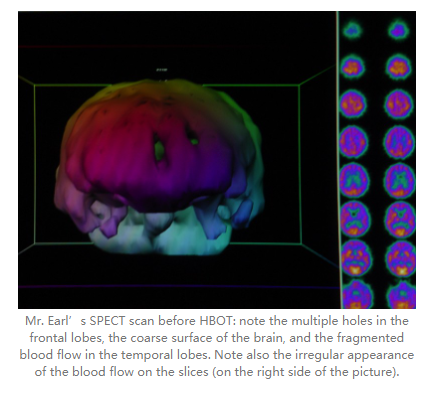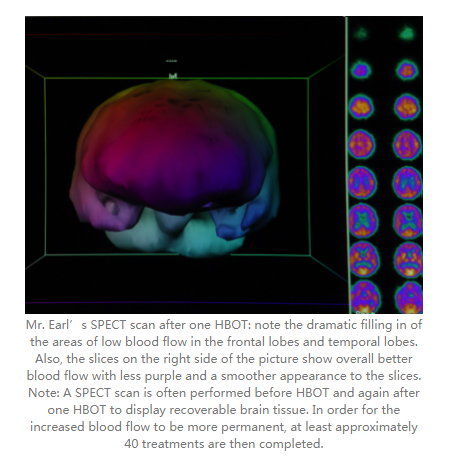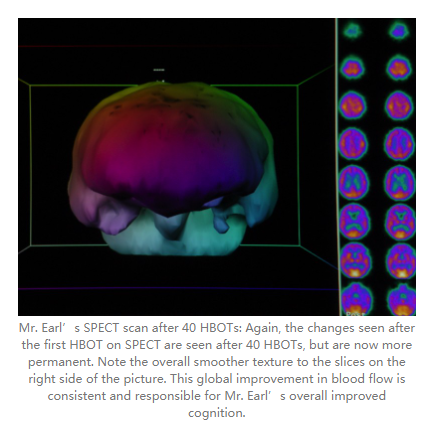Mild Cognitive Impairment (MCI) and Dementia
Mild cognitive impairment (MCI) is the stage between the expected cognitive decline of normal aging, and the more serious decline of dementia. It can involve problems with memory, language, thinking and judgment that are greater than normal age-related changes. Dementia describes a group of symptoms affecting memory, thinking, and social abilities severely enough to interfere with daily functioning. There are a variety of types of dementia, including Alzheimer’s, vascular (blood vessel disease), Lewy Body (a progressive type with abnormal protein deposition in the brain), Frontotemporal (A degeneration in the frontal and temporal areas of the brain), and Mixed (a combination of the above). Alzheimer’s is the most common.
What are the effects?
Mild cognitive impairment affects the patient’s thinking abilities, including memory loss, problems communicating, reasoning, problem-solving, multi-tasking, planning, confusion, coordination, balance, personality changes, depression, anxiety, agitation, inappropriate behavior or speech, hallucinations, or paranoia.
Benefits from HBOT
Since cognitive impairment and dementia affect many areas of the brain, and HBOT treats all injured areas, patients experience a generalized improvement in cognition and function. Patients at our clinic commonly achieve a sense of well-being, have improved memory, regain conversational ability, and experience less confusion, better cognition, and less depression and anxiety.
Case Study
Mr. Earl was a 72 year old man facing institutionalization after the death of his wife. Unbeknownst to the extended family irascible Mr. Earl wasn’t much different from the way they had come to
accept him after decades of smoking, drinking, brawling, traumatic brain injuries, and an episode of carbon monoxide poisoning. After the death of his wife it became obvious that Mr. Earl had
been supported and sustained by his wife. It was apparent he was not able to care for himself. Over the course of four months he had increasing nightly confusion, memory loss, and paranoia,
requiring 5 hospital admissions for intestinal bleeding and confusion. Eventually, he had to be removed from his son’s home due to uncontrollable behavior. During his airline flight to New
Orleans for HBOT treatment he deteriorated at altitude, resulting in an air marshall incident and emergency hospital admission on landing in Houston. An extensive evaluation failed to identify
other causes of Mr. Earl’s “normal aging.” Following brief testing which showed a Folstein Mini-Mental Status (MMSE) score of 15 (dementia is highly suggested with a score less than 25) Mr.
Earl underwent SPECT brain imaging before and after a single HBOT.
Mr. Earl received 40 HBOT’s in one month and experienced a reversal of his dementia with generalized cognitive improvement, increased energy, decreased SOB and confusion, improved sleep,
weight gain, and a Folstein MMSE of 23. Repeat SPECT brain imaging showed a global improvement in brain blood flow consistent with his improved condition. Mr. Earl returned to his home to
live semi-independently (son lived nearby and helped with groceries and local travel) for the rest of his life.



Further Research
https://link.springer.com/article/10.1007%2Fs00213-018-4867-y (Review article on treatment of dementia. HBOT was in the group of treatments considered the most effective for vascular dementia).
http://www.medgasres.com/article.asp?issn=2045-9912;year=2018;volume=8;issue=4;spage=181;epage=184;aulast=Harch (Dr. Harch’s case of HBOT treatment of Alzheimer’s Disease. Watch the videos of the PET brain scans (~5-30 seconds each). The increases in brain metabolism seen in these images are the greatest improvements in brain metabolism ever documented with the gold standard PET imaging of any therapy for Alzheimer’s).




 +86 13621894001
+86 13621894001
 rank@macy-pan.com
rank@macy-pan.com
 +86-+8613621894001
+86-+8613621894001


 Tel:
Tel: Mob:
Mob: WhatsApp:
WhatsApp: Email:
Email: Add:Bldg 15, No.889 Guinan Road, Songjiang District, Shanghai, China
Add:Bldg 15, No.889 Guinan Road, Songjiang District, Shanghai, China